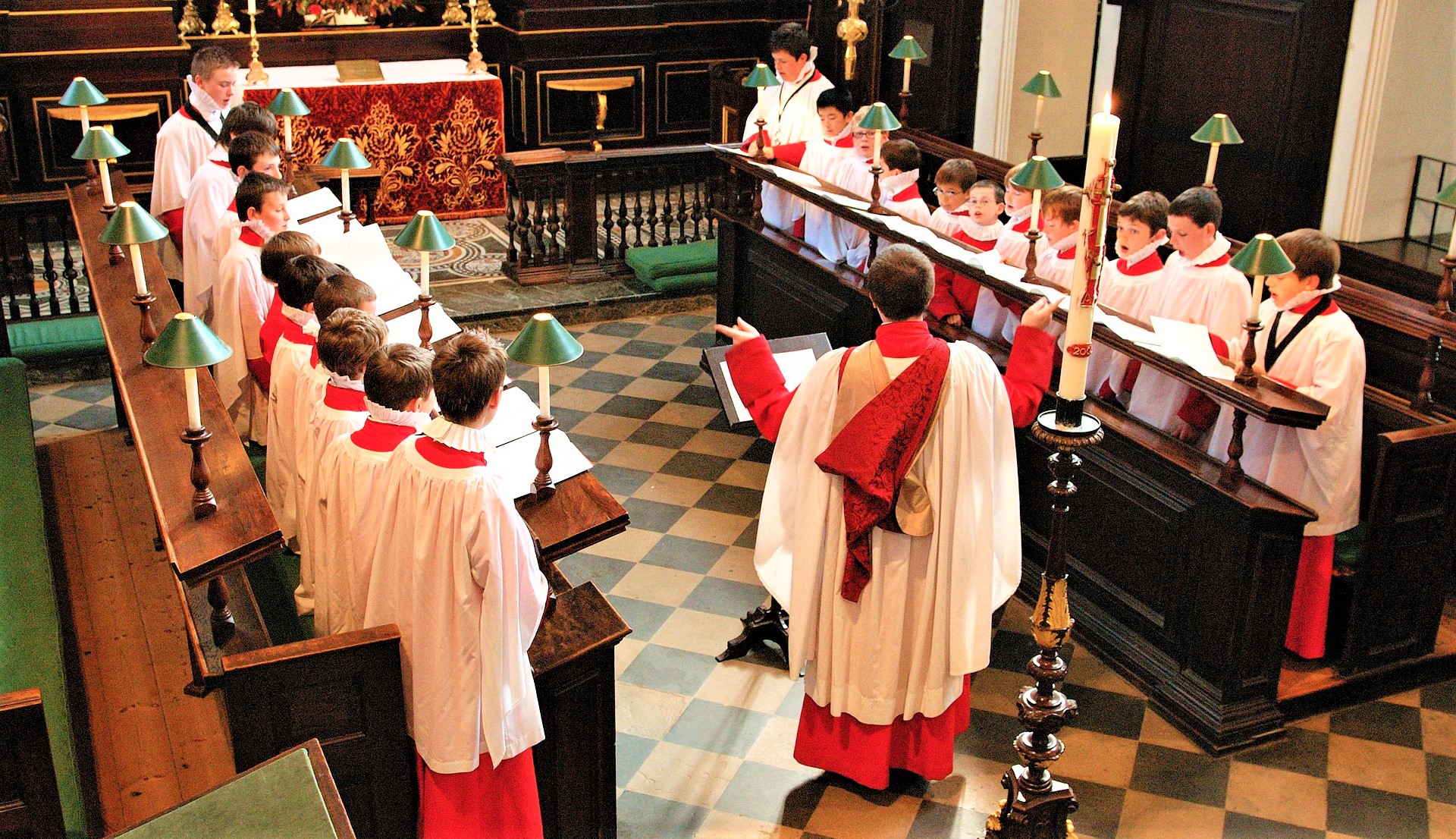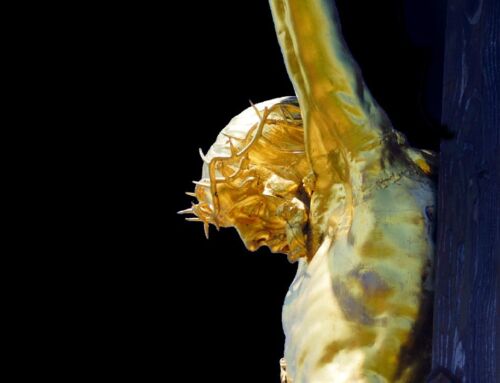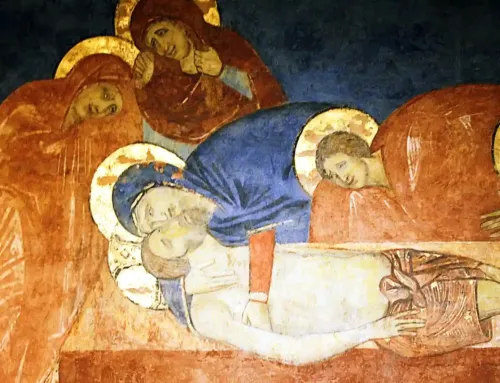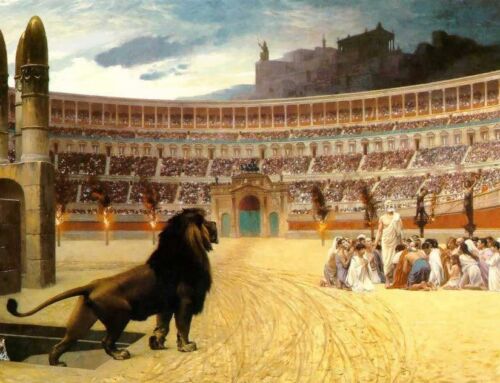The 19th century poet Christina Rossetti (1830-1894) gave the world a great gift in her masterful poem about the birth of Christ, “In the Bleak Midwinter”. Certain verses of the poem are immediately familiar to most Christians through its celebrated musical setting by Gustav Holst (1874-1934). Both poet and composer were English-born despite their surnames.
You can search the extensive collection of videos on YouTube and find many marvelous performances of “In the Bleak Midwinter”, but you will not find a more touching one than the 2010 performance by the Cathedral Choir in Glouchester, England.
The Word made flesh
The Gospel of John proclaims, “And the Word became flesh and dwelt among us…full of grace and truth” (John 1:14). It was to this world that Christ came, not the world of angels.
What strikes the viewer most in this video is its humanity. It is a professional performance in a very real sense, but mostly, it is a song that flows out of the heart of a human community, a parish family, filled with boys and girls, parents and grandparents. The only one who seems to be missing is the bishop, whose church it is!
As if to incarnate the human dimension and feel of this performance, the video captures an actual parishioner kissing her chubby babe-in-arms at the very moment the congregation sings, “Only His mother in her maiden bliss worshipped the Belovèd with a kiss” (at the 2:27 mark). It’s one of many moments of the piece where you’ll want to break out your tissues.
What to look for
Before you view the video, I’d like to point out a few items of note to help you get more out of this incredibly moving performance.
Full circle:
The view of the performance begins and ends in exactly the same place. The video camera looks out from the sanctuary at the entire congregation. The choir occupies the foreground while the people are assembled with lit candles amid the towering pillars of a magnificent church decorated for the Christmas festivities.
It’s a message we need to hear, as if to say that the church is not a collection of identity groups but a single diverse family of believers.
Sequence of voices:
The humanity of the congregation is on full display in the voices and faces of the parishioners. These are the people Christ came to save. The song runs through a gallery of humanity:
- Men’s and boys’ choir
- The full parish
- Men
- Women
- Boy sopranos and girls
- Men’s and boys’ choir
- Full parish again, and
We end where we began – in the sacred space of the sanctuary.
Highlights:
At the beginning and at several points throughout the video the camera focuses on the various faces of the boys in the choir with their gowns, high collars and colored medallions around their necks. They are the picture of innocence, and every one of them is the child of a family, as is the delightful girl who appears briefly before the final verse (at 2:46).
Beginning with the men parishioners’ part (at “Angels and archangels”, 1:40) the great cathedral organ chimes in, yet not in an obtrusive way. Prior to this point the parishioners have sung a capella (without musical accompaniment).
As the mother sings and holds her baby, notice how the camera slowly narrows in on the baby’s face. The baby is playing with his foot, but his eyes grow wide in surprise as his mother kisses his head (2:28)!
Then, listen for the bright horns that enter the music for the first time as the boys and girls sing (“What can I give him”, 2:30). The horns remain as part of the full musical accompaniment to the very end.
There is no reason to analyze this heartwarming piece any further. It simply has to be experienced!
The performance (duration, 3:29)
On the feast of the Holy Family, enjoy this magnificent way to enter into the Christmas spirit.

Soul Work
When you listen to this performances, return in mind and heart to a simpler time in your life, to any moment of innocent happiness, but especially to a time of joyful celebration in your family or in a united community of some sort.
Christ’s coming to us in a family, forming a Church and calling all people to salvation tells us that we are not meant to be alone in this world. It was to our human poverty He came, not condemning the world for its corruption but transforming it from within – by Beauty, Truth and Goodness.
Thank Him this Christmas for your family and for any other experiences of human fraternity you’ve been given over the years. With an open heart, invite Christ to come into the world again.
Ask with Christina Rossetti’s poem, “What can I give him, poor as I am?” Then answer with the last line of the same prayer: “Give my heart.”




Leave A Comment